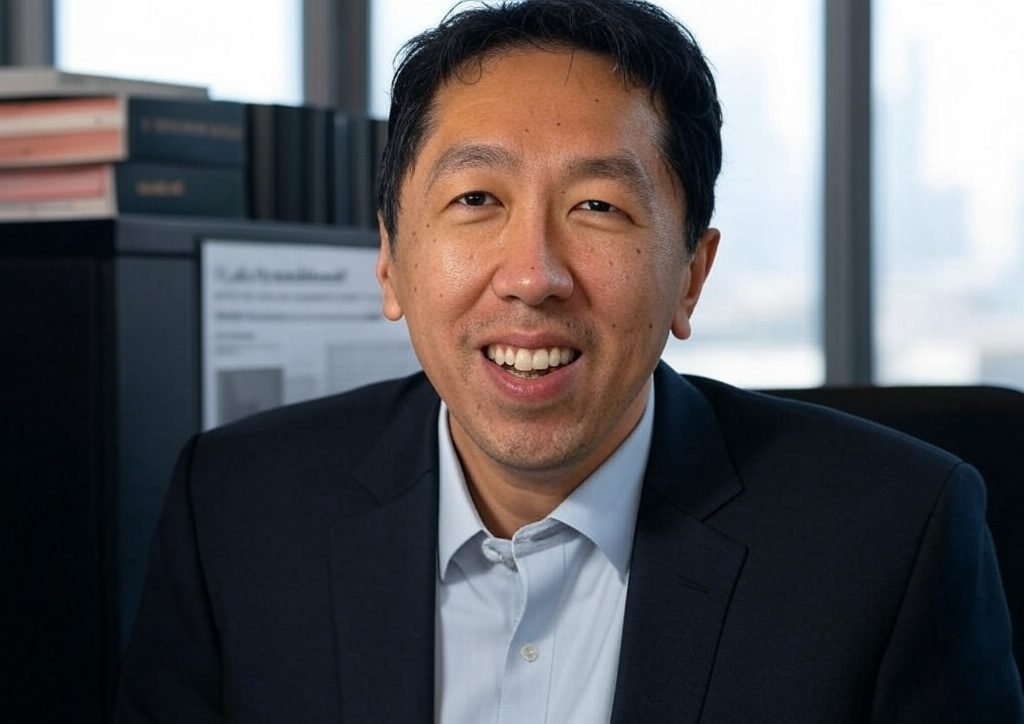The Changing Landscape of AI: Google’s Shift on Military Applications and the Future of Technology
In a significant policy shift, Google has recently decided to withdraw its previous commitment to refrain from developing artificial intelligence (AI) technologies intended for military applications. This decision has sparked a renewed discussion about the intersection of technology, ethics, and national security. Andrew Ng, a prominent figure in the AI community and the founder of Google Brain, expressed his support for this change during a recent interview at the Military Veteran Startup Conference in San Francisco. “I’m very glad that Google has changed its stance,” Ng commented, highlighting the growing necessity for tech companies to engage with the military sector.
The Background: Google’s AI Principles and Project Maven
Google’s initial pledge against developing AI for military purposes was made in 2018, during a tumultuous period marked by employee protests against the company’s involvement with Project Maven. This U.S. Department of Defense initiative aimed to utilize AI to analyze drone footage, ultimately enhancing military capabilities. The protests, involving thousands of Google employees, centered around ethical concerns regarding the use of AI in warfare and the potential implications for civilian lives. The fallout from these protests led Google to promise that it would not design AI systems for weapons or surveillance.
Insights from Andrew Ng: Balancing Ethics with National Security
Andrew Ng’s perspective on the matter is particularly compelling. Although he was not with Google at the time of the protests, he has been a significant advocate for AI development and policy. During his recent interview, Ng expressed confusion regarding the protests against Project Maven. “Frankly, when the Project Maven thing went down … A lot of you are going out, willing to shed blood for our country to protect us all,” he remarked. “So how the heck can an American company refuse to help our own service people that are out there, fighting for us?”
This statement encapsulates a broader argument that has emerged within the tech community: the necessity for American companies to support national defense efforts through technological advancements. Ng emphasized that the key to maintaining American AI safety lies in ensuring competitiveness with nations like China, especially as AI technologies continue to evolve rapidly.
Shifting Perspectives: Industry Leaders Respond
Ng is not alone in his sentiments. Demis Hassabis, the CEO of DeepMind, also backed the shift in policy, asserting that collaboration between tech companies and governments is vital for developing AI that can bolster national security. In a blog post accompanying the announcement of the policy change, Hassabis stated that “companies and governments should work together to build AI that supports national security.”
However, this perspective is not universally shared among industry leaders. Meredith Whittaker, now the president of Signal, was a prominent voice during the Project Maven protests and believes that “the company should not be in the business of war.” Her views echo the sentiments of other notable figures within Google, including Geoffrey Hinton, a Nobel laureate who has called for global regulations to prevent the use of AI in weapons. Jeff Dean, another veteran of Google and now the chief scientist at DeepMind, had also expressed opposition to the application of machine learning in autonomous weapons. This divide illustrates a growing rift within the tech community regarding the ethical implications of AI in military contexts.
The Current Landscape: AI and Military Contracts
As technology companies like Google and Amazon extend their reach into military contracts, scrutiny has intensified. The Project Nimbus contracts, through which these companies provided cloud computing services to the Israeli military, have led to protests from employees who are concerned about the ethical ramifications of their work. The Pentagon’s increasing reliance on AI technologies has prompted major tech players to invest heavily in infrastructure, seeking to recoup these investments through partnerships with defense agencies.
The Global Context: AI, National Security, and Competitive Dynamics
The conversation surrounding AI and military applications has broader implications beyond the immediate concerns of ethical conduct. The global landscape of AI development is increasingly competitive, particularly between the United States and China. As nations race to harness the potential of AI for military and defense purposes, the importance of technological superiority cannot be overstated. Ng highlighted that AI drones have the potential to “completely revolutionize the battlefield,” and this realization is driving governments to invest heavily in AI capabilities.
The dialogue around AI in military applications raises crucial questions about the role of technology in society. Should tech companies prioritize ethical considerations over national security needs? Or is it possible to strike a balance where innovation and ethical obligations coexist? The answers to these questions may shape the future of AI development and its applications in both civilian and military contexts.
Conclusion: Navigating the Future of AI in Military Applications
As Google navigates its new stance on AI and military applications, the implications of this decision will reverberate through the technology sector and beyond. The support from industry leaders like Andrew Ng and Demis Hassabis underscores a significant shift in thinking about the role of technology companies in national security. Yet, the ongoing dissent from former Google employees and other experts indicates a profound ethical debate that remains unresolved.
The future of AI lies at a critical juncture, where the potential for innovation must be balanced against ethical considerations and the responsibility of tech companies to society. As military applications of AI continue to evolve, it is essential for stakeholders across the board to engage in meaningful discussions about the implications of these technologies. Only through collaboration and dialogue can we ensure that AI serves as a tool for progress rather than a catalyst for conflict.





